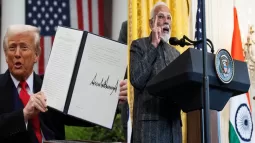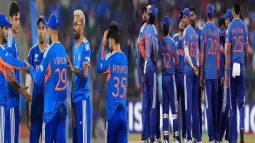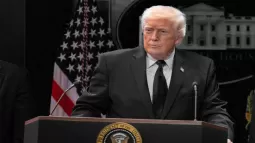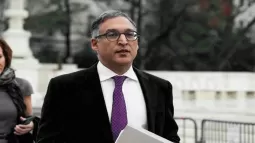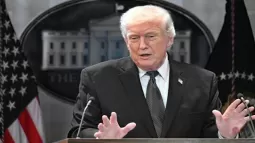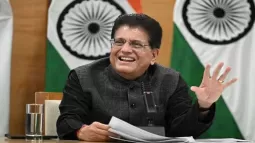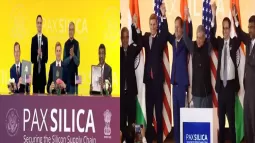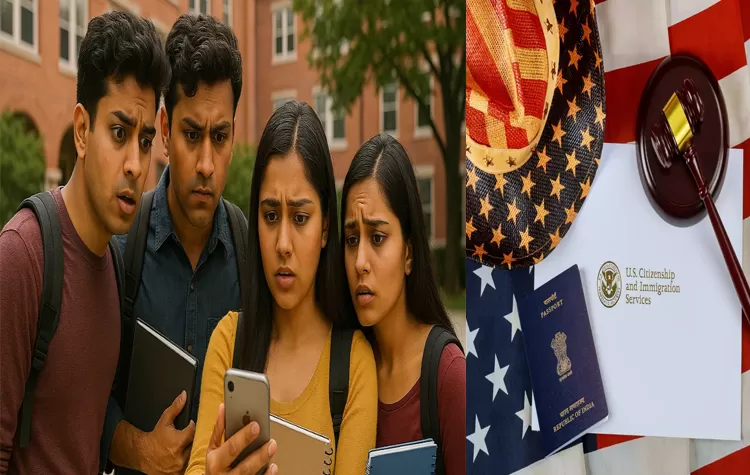
Foreign students studying in the United States are challenging recent U.S. State Department moves in court after a series of revocations of student visas connected to student protests. International students at some highly ranked institutions, along with others, have sued the government for its move, saying it threatens their future education and immigration status.
Reports indicated that emails were sent to students involved in or associated with recent protests on campus, instructing them to leave voluntarily. Others were targeted not for participation, but for social media activity, such as posting on social sites or commenting on videos or expressing opinions that were deemed anti-national. The shift in policy has provoked widespread concern across academic circles.
Foreign Students Sue After Visa Cancellations
The international students affected by the recent visa cancellations have filed legal grievances questioning the State Department's action. The grievances argue that the cancellation notices were done without advance notice and without due process, placing the students at risk of deportation. The majority report not having received a clear explanation or formal hearings before their visas were cancelled.
Institutions such as Harvard University, Stanford University, the University of Maryland, and Ohio State University have enrolled students impacted by the measure. Plaintiffs to the suits state that the actions of the government jeopardize their academic standing and future professional opportunities in the U.S., even though there is no charge or disciplinary record listed under their names.
Authorities Attribute Visa Revocations to Protest-Related Activity
Federal authorities indicate that the cancellations are aimed at those who participated in demonstrations or promoted what authorities call anti-national content. The letters sent to them asked them to voluntarily depart from the country. The grounds used appear to be direct involvement, posting videos, or supporting comments on social media for campus protests.
However, student advocates and legal representatives say several students were notified without taking part in any protests. Some say they were harassed for minor offenses that had nothing to do with protests, such as traffic infractions. In other cases, students reported being denied explanation or evidence from immigration authorities.
Universities Raise Concerns About Policy Transparency
A number of educational institutions have complained about the transparency and consistency of visa enforcement. College officials point out that mass actions against international students can erode confidence in the U.S. academic system and affect enrollment. Some have called for clearer guidelines and safeguards for students subject to immigration action.
Meanwhile, the Trump administration continues to argue that the policy aligns with national security interests. Government officials have asserted that they are determined to find and deport foreign terror sympathizers suspected of assisting foreign terrorist groups, including individuals charged with sympathetic leanings to Hamas.
The demands for Legal Oversight and Reform Intensify
Immigration lawyers and civil rights groups have called for increased control over the visa cancellation procedure. They argue that current practice bypasses proper legal protections and leaves students at the mercy of arbitrary action. Critics call for reforms that make things more accountable and secure the rights of lawful residents.
As court cases proceed, the rulings may set important precedents for how the U.S. government deals with immigration enforcement in schools. Legal analysts suggest that wins for students could limit the scope of visa cancellations on the basis of indirect protest activity or online communication.

